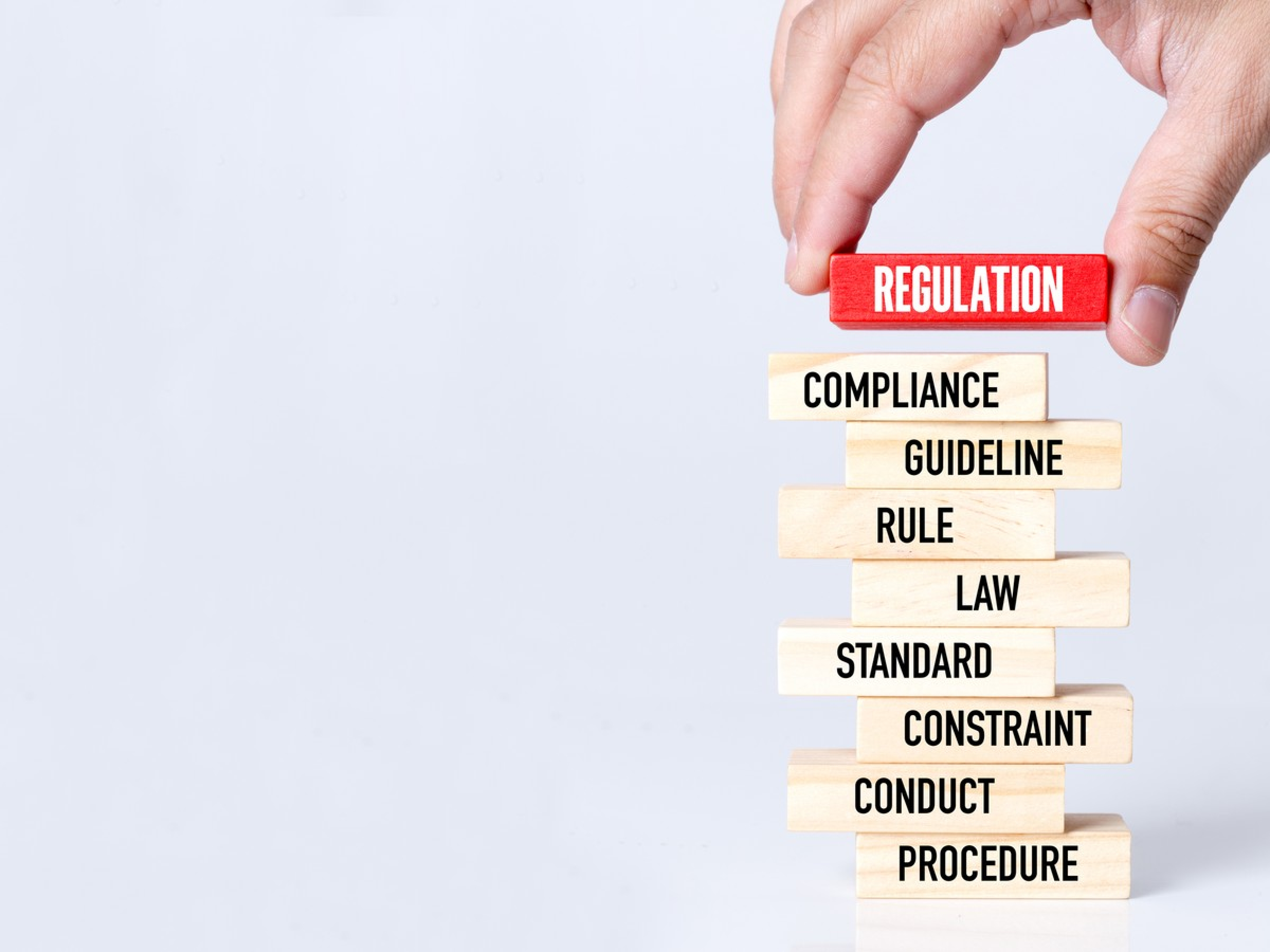Introduction
The Dubai Financial Services Authority (DFSA) is the independent regulator of financial services conducted in and from the Dubai International Financial Centre (DIFC). One of its critical tools for ensuring the integrity of the financial sector is the Anti-Money Laundering (AML) Rulebook. The DFSA AML Rulebook provides comprehensive guidelines to combat money laundering, terrorist financing, and other financial crimes, which are essential for financial institutions operating in the DIFC.
This guide will provide an in-depth overview of the DFSA AML Rulebook, covering its key regulations, compliance requirements, and best practices that financial institutions need to follow.
Overview of the DFSA AML Rulebook
The DFSA AML Rulebook is a set of regulations and guidelines designed to assist financial institutions in identifying, assessing, mitigating, and managing risks associated with money laundering and terrorist financing. The rulebook is aligned with international standards, particularly those set by the Financial Action Task Force (FATF), and is applicable to all regulated firms in the DIFC, including banks, asset managers, insurance companies, and other financial service providers.
The main objectives of the DFSA AML Rulebook include:
- Standardization: Establishing a consistent set of AML measures across all financial institutions operating within the DIFC.
- Risk Management: Ensuring that institutions can identify and mitigate the risks associated with financial crimes.
- Collaboration: Enhancing coordination between financial institutions, regulators, and government entities to maintain international AML compliance standards.
Key Regulations Under the DFSA AML Rulebook
1. Customer Due Diligence (CDD)
Customer Due Diligence (CDD) is a fundamental part of the DFSA AML Rulebook. It requires financial institutions to verify the identity of their customers, including individuals, companies, and ultimate beneficial owners (UBOs), to assess the potential risk associated with each relationship.
Under the CDD guidelines, financial institutions must:
- Collect and verify essential information, such as personal identification documents (e.g., passports, Emirates IDs) for individual clients or incorporation documents for corporate clients.
- Conduct Enhanced Due Diligence (EDD) on customers presenting a higher risk, such as Politically Exposed Persons (PEPs) or those from high-risk jurisdictions.
CDD processes must be carried out before establishing a business relationship and should be updated periodically to account for changes in the customer’s risk profile. To learn more about CDD and EDD requirements, visit our KYC and EDD Services.
2. Suspicious Activity Reporting (SARs)
One of the essential obligations under the DFSA AML Rulebook is the reporting of suspicious activities to the UAE Financial Intelligence Unit (FIU) using the goAML platform. Financial institutions must promptly file a Suspicious Activity Report (SAR) whenever there is suspicion that funds are linked to money laundering, terrorist financing, or other illegal activities.
Steps for filing a SAR include:
- Identification: Monitoring transactions and customer activities to identify red flags that indicate suspicious behavior.
- Documentation: Maintaining detailed records of the suspicious activity, including the customer information, nature of the transaction, and reasons for suspicion.
- Reporting: Submitting the SAR to the FIU via the goAML system.
Failure to report suspicious activities can result in significant penalties for financial institutions, including fines and restrictions on business operations. Learn more about our goAML Compliance Services.
3. Record-Keeping Requirements
Record-keeping is another vital component of the DFSA AML Rulebook. Financial institutions are required to maintain records of all customer transactions, identification documents, and other relevant information for a minimum of six years from the date of the transaction or the end of the business relationship.
These records must be made available to regulators and auditors upon request. Proper record-keeping is crucial for demonstrating compliance with AML regulations, enabling effective audits, and supporting investigations by regulatory authorities.
4. Establishing an AML Compliance Program
The DFSA AML Rulebook mandates that financial institutions establish a robust AML compliance program tailored to their specific risk profiles. An effective AML compliance program should include:
- Internal Policies and Procedures: Establishing comprehensive policies that outline how the institution will identify and manage AML risks.
- Appointment of a Money Laundering Reporting Officer (MLRO): Every financial institution must appoint an MLRO responsible for overseeing the AML compliance program, reporting suspicious activities, and liaising with the DFSA.
- Ongoing Training: Providing regular AML training for employees to ensure they understand their obligations and can identify red flags related to money laundering and terrorist financing.
For support in developing an effective AML compliance program, visit our Compliance Department Setup Services.
5. Risk-Based Approach to AML Compliance
The DFSA AML Rulebook emphasizes the use of a risk-based approach for AML compliance. This means that financial institutions should allocate resources and implement measures commensurate with the level of risk presented by their customers, products, and geographic locations.
A risk-based approach allows institutions to focus on high-risk areas, such as clients involved in complex cross-border transactions or those operating in high-risk industries. Effective risk assessments involve:
- Identifying Risks: Determining which clients, services, or locations pose a higher risk of money laundering.
- Mitigating Risks: Implementing measures such as enhanced due diligence, transaction monitoring, and stricter onboarding requirements for high-risk clients.
- Ongoing Monitoring: Regularly reviewing and updating risk assessments based on new information or changes in business practices.
Challenges in Complying with the DFSA AML Rulebook
1. Complexity of Compliance Requirements
The DFSA AML Rulebook’s requirements are comprehensive, and financial institutions may face challenges in understanding and implementing all the necessary measures. Smaller institutions, in particular, may lack the resources or expertise required to meet these requirements.
2. Evolving Regulatory Landscape
AML regulations are constantly evolving in response to new risks and threats. Financial institutions must stay up to date with regulatory changes and ensure that their AML programs are adaptable. This requires ongoing training, regular risk assessments, and timely updates to internal policies.
3. High Costs of Compliance
Implementing an effective AML compliance program involves significant costs, including investments in technology, employee training, and hiring compliance specialists. For smaller institutions, these costs can be a considerable burden.
Partnering with CAMC can help reduce these costs through our tailored compliance solutions.
4. Data Management and Record Keeping
Managing large volumes of customer data, transaction records, and compliance documentation can be a significant challenge. Financial institutions need reliable data management systems to securely store and retrieve records when needed. Proper data management is also essential for ensuring the accuracy of Customer Due Diligence (CDD) and for effective audits.
5. Cross-Border Transactions and Correspondent Banking
Financial institutions that engage in cross-border transactions or correspondent banking relationships often face additional challenges in meeting AML requirements. Cross-border activities are inherently riskier due to different regulatory environments and the potential involvement of multiple jurisdictions.
To address these risks, financial institutions should conduct enhanced due diligence on correspondent banking partners and implement measures such as transaction monitoring and risk assessments for cross-border activities.
Best Practices for AML Compliance with the DFSA Rulebook
1. Conduct Regular Risk Assessments
Risk assessments are the cornerstone of effective AML compliance. Financial institutions should conduct regular risk assessments to identify vulnerabilities in their operations and update their AML measures accordingly. Risk assessments should be documented and reviewed periodically to account for changes in business operations, customer profiles, or regulatory requirements.
2. Leverage Technology for Transaction Monitoring
Using technology to monitor transactions in real time is one of the most effective ways to detect and prevent money laundering. Automated monitoring systems can identify unusual patterns and generate alerts for further investigation.
Many financial institutions are turning to Artificial Intelligence (AI) and Machine Learning (ML) solutions to enhance their AML compliance. These technologies can analyze large volumes of data and identify suspicious activities that may not be immediately evident through manual monitoring.
3. Employee Training and Awareness
Training employees on AML regulations and best practices is critical for maintaining compliance. Employees at all levels must understand how to identify red flags, conduct customer due diligence, and report suspicious activities. Regular training sessions should be conducted, and training programs should be updated to reflect changes in regulations or business practices.
Explore our AML Compliance Training Services for customized training solutions.
4. Appoint a Dedicated MLRO
The Money Laundering Reporting Officer (MLRO) plays a central role in an institution’s AML framework. The MLRO should have sufficient authority, independence, and resources to oversee the implementation of the AML program. The MLRO is also responsible for submitting suspicious activity reports (SARs) and acting as the main point of contact for the DFSA.
5. Maintain a Culture of Compliance
Building a culture of compliance is essential for ensuring adherence to AML regulations. Senior management should demonstrate a commitment to compliance, allocate the necessary resources, and promote transparency and accountability within the organization. A culture of compliance encourages employees to take their AML responsibilities seriously and fosters an environment where potential risks are identified and mitigated proactively.
6. Collaboration with Regulatory Authorities
Collaboration with regulatory authorities such as the DFSA and UAE Financial Intelligence Unit (FIU) is crucial for ensuring effective AML compliance. Financial institutions should establish open lines of communication with these authorities, promptly report suspicious activities, and seek guidance on evolving regulations.
Working closely with regulators can also provide valuable insights into emerging threats and enable institutions to adapt their AML programs accordingly.
7. Internal and Independent Audits
Regular internal and independent audits are essential for evaluating the effectiveness of an AML compliance program. Internal audits help identify areas for improvement, while independent audits provide an objective assessment of the institution’s compliance measures.
Financial institutions should conduct audits at least annually or more frequently if there are significant changes in business operations or regulatory requirements.
How CAMC Can Assist with DFSA AML Compliance
Chartered AML Consultants (CAMC) provides a wide range of services to help financial institutions comply with the DFSA AML Rulebook. Our expertise allows institutions to navigate the complexities of AML compliance effectively and minimize the risks of non-compliance.
1. AML Policy Development and Implementation
We assist financial institutions in developing AML policies that align with the DFSA’s requirements. Our policies include customer due diligence, risk assessments, transaction monitoring, and reporting suspicious activities.
Learn more about our Policy Development Services.
2. Compliance Training
Our AML compliance training programs equip employees with the knowledge they need to comply with DFSA regulations. We offer tailored training sessions, both online and in person, that focus on specific AML requirements and best practices.
Visit our Training Programs for more details.
3. Transaction Monitoring Solutions
We offer transaction monitoring solutions that integrate with existing systems to detect suspicious activities in real time. Our solutions leverage AI and ML technologies to identify unusual patterns and enhance the accuracy of monitoring processes.
4. Ongoing Compliance Support
Our ongoing compliance support services help institutions keep pace with regulatory changes, conduct regular audits, and maintain up-to-date AML programs. Our experts provide insights into emerging risks and ensure that institutions remain compliant with evolving regulations.
Conclusion
The DFSA AML Rulebook serves as a critical framework for financial institutions operating within the DIFC to prevent and combat money laundering and terrorist financing. By implementing the key regulations outlined in the rulebook, such as Customer Due Diligence (CDD), Suspicious Activity Reporting (SARs), and establishing a strong AML compliance program, institutions can mitigate risks and ensure compliance with international standards.
Compliance with the DFSA AML Rulebook is not just about avoiding penalties; it is about protecting the integrity of the financial system and contributing to the UAE’s broader goals of financial stability and transparency. Financial institutions must adopt a risk-based approach, leverage technology, maintain accurate records, and foster a culture of compliance to succeed in their AML efforts.
Partnering with CAMC can make the compliance journey smoother and more efficient. Our tailored solutions, including AML policy development, compliance training, transaction monitoring, and ongoing support, are designed to help financial institutions navigate the complexities of the DFSA AML Rulebook and achieve compliance seamlessly.
For more information on how CAMC can assist your business in ensuring AML compliance with the DFSA Rulebook, [contact us today]
References
Dubai Financial Services Authority (DFSA) AML Rulebook
CAMC Compliance Training Modules
AML/CFT Policies – CAMC




